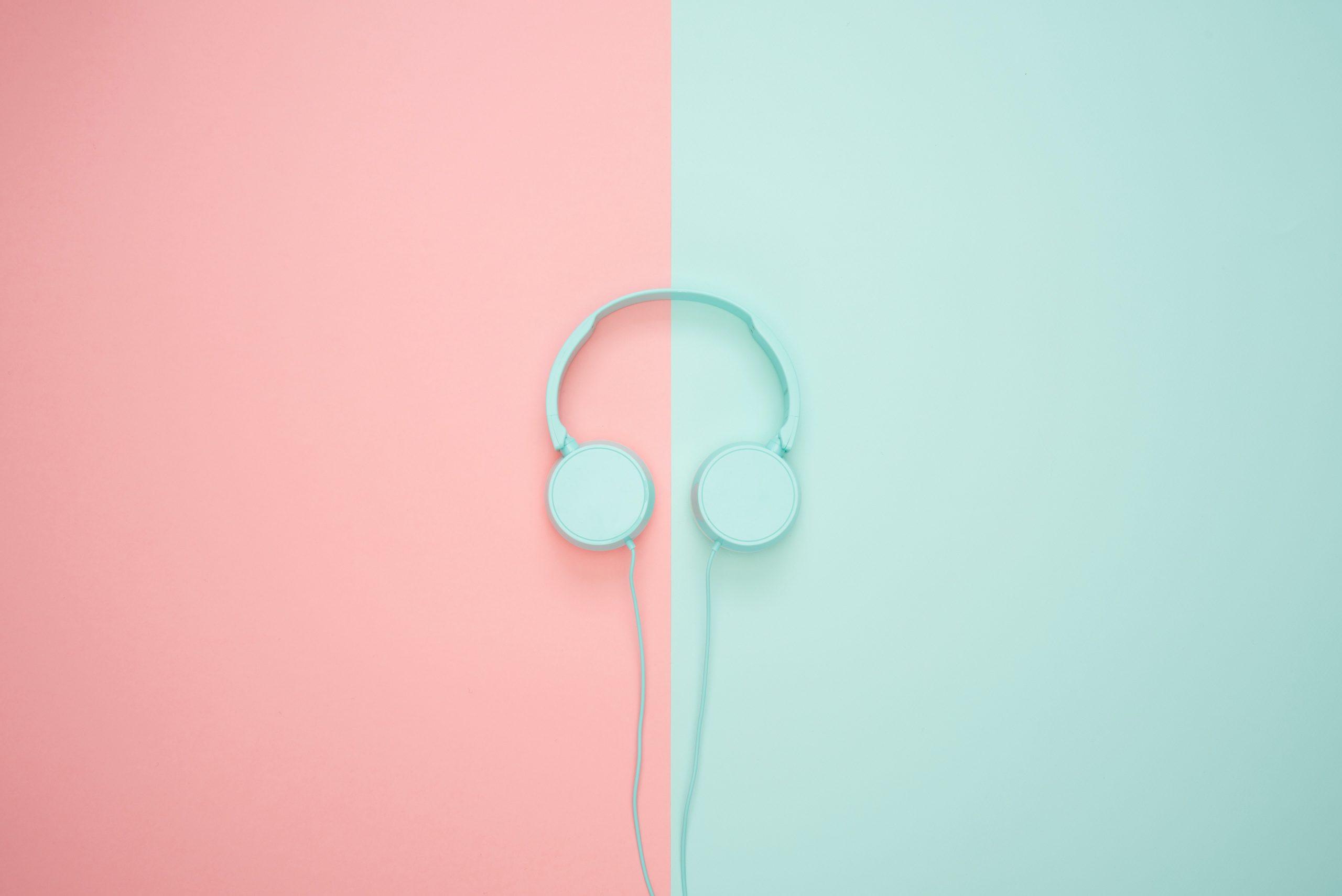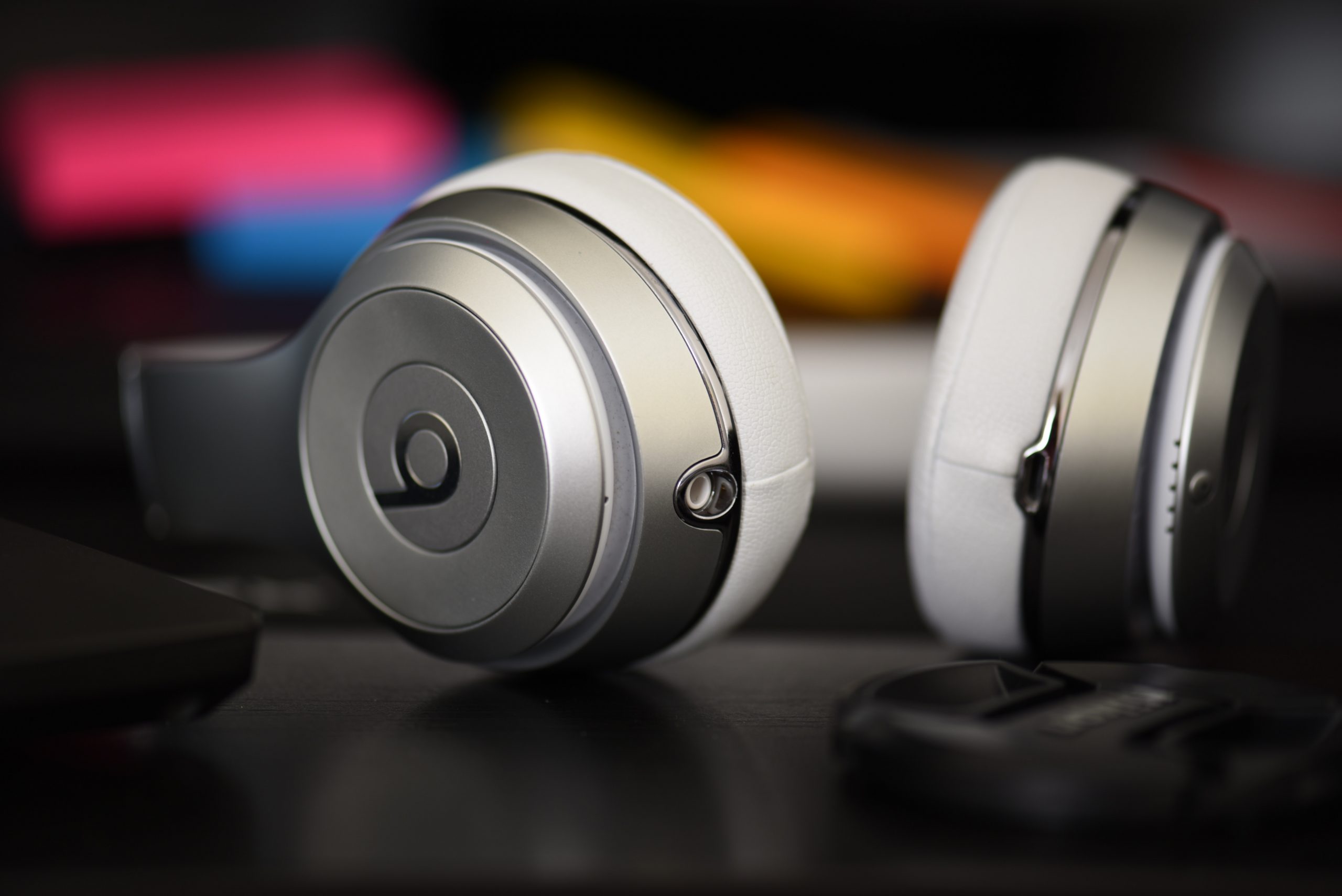Overview of Autism
Autism is a neurological disorder that affects the brain’s normal functioning. It affects communication and social interactions. People with autism may have difficulty processing certain stimuli, such as sound. So, they might wear headphones to help manage sensory overload.
In this article, we’ll look further into autism, and why it can be beneficial to wear headphones.
Definition of Autism
Autism is a brain disorder. It affects how people communicate, interact, and understand the world. People with autism may show repetitive behavior, like hand flapping or head banging. They may also have sensory sensitivities to sounds and light and have difficulty with social interactions.
Autism can range from mild to severe. Asperger’s Syndrome is mild, while PDD-NOS, CDD, or Autistic Disorder are more severe. High-functioning autism is on the same spectrum, but less severe.
Common Symptoms of Autism
Autism symptoms change from person to person. Some can live alone and do well in school, while others need help every day. Autism signs are usually divided into 3 groups: social, emotional, and physical impairments.
- Social Impairments: Autistic people often have trouble talking or using body language. They may not make eye contact, struggle to start conversations, or not understand sarcasm. Autistic kids may also like things done the same way every day.
- Emotional Impairment: Autistic people find it hard to understand facial expressions. Loud noises or bright lights can be overwhelming. Wearing headphones can help block out extra noise.
- Physical Impairment: Autistic people have trouble with physical tasks. A neurological disorder affects coordination. It’s important to show instead of tell when teaching an autistic person. Provide support and help build confidence.
Benefits of Headphones
Autistic people sometimes don headphones. This helps them to not feel overloaded by stimuli. It also assists in managing anxiety and blocking out noises which may be too much for them to bear. Donning headphones also helps with concentrating on tasks, dealing with communication issues, and finding moments of tranquility in a world full of hustle and bustle.
This article takes a further look into the advantages of wearing headphones for autistic individuals.
Reducing Sensory Overload
Autistic folks can be sensitive to noise and can be overwhelmed by loud, unexpected noises. This can make them anxious and hard to focus on tasks or converse with people. Wearing headphones can give them a shield from background noise, so they can concentrate better.
Headphones create a secure bubble, where they can filter out any distraction or overwhelming stimuli. Calming music can also reduce the overload. Some people feel that listening to their own music gives them control over what they hear. This can be helpful, especially when intrusive sounds are unavoidable.
Blocking Out Noise
Noise is a common struggle for individuals on the autism spectrum. Wearing headphones can assist with concentration and focus in crowded, noisy places. Headphones can also help with sensory overload. They let autistic people filter out sensations they don’t want and concentrate on tasks.
Plus, it gives autistic people more control over their environment and external stimulation. This can provide comfort and independence. It also gives them an opportunity to engage in meaningful activities that were tough before due to noise.
Enhancing Focus
Headphones, or as they are known in the medical community: ear defenders, can give multiple advantages to people with autism spectrum disorder (ASD).
For some people with ASD, headphones only provide comfort from noises they don’t want to hear. But for others the added benefit is improved focus.
Headphones that cancel noise, or that play music, aid people with ASD in occupational and behavioural therapies. They create an atmosphere that makes regular tasks like schoolwork easier and less distracting. Less interruption leads to better concentration, which in turn leads to improved understanding of information and better cognitive processing skills.
Headphones block out outside noise and make consistent sound pressure inside the ears. This helps autistic individuals to stay involved in conversations and focus better on tasks. They don’t need to take as many breaks because of overwhelming external noises. This increased focus aids tactile input therapists use during sessions that have a sensory diet approach. Ear defenders absorb ambient sounds and provide calming input at the same time. This enables the individual to concentrate better and improve their cognitive attention and awareness.
Headphones with both adjustable sound pressure and Active Noise Cancellation (ANC) technology, let autistic people personalize frequencies while blocking out external noise enough to keep them focussed yet comfortable. This helps them to function in any environment, if they choose or need to.
Types of Headphones
Autistic people often wear headphones. It reduces sensory overload. There are many types available. Noise cancelling, wireless bluetooth – many kinds to choose from!
This article will explore the different types of headphones. What each kind can do. Recommendations for autistic individuals too!
Over-the-Ear Headphones
Over-the-ear headphones sit between earbuds and full-sized headphones. They cover the ears and rest on the sides of the head. Noise is blocked, though not as much as with in-ear earbuds. They are usually more comfortable, but can be heavier or cause sweating if worn for a long time.
For those with autism, these headphones can provide relief in public. The large coverage helps reduce sensory overload. Wired and wireless options are available; wireless versions require a rechargeable battery and cost more.
Types of over-the-ear headsets:
- Closed back – Seals around the ear for complete noise blocking.
- Open back – Not sealed, allowing sound in and out. Great for monitoring audio.
- Noise Cancelling – Uses active technology to reduce background noise. Good for loud environments while listening to music or podcasts.
In-Ear Headphones
In-ear headphones, also known as earbuds, are small. They sit inside the ear canal. People use them for listening to music on portable digital audio players such as MP3 players, smartphones and tablets. They take up no extra space in a pocket or bag.
They provide good sound quality and noise isolation. Autistic people can use them to find relief from an overly stimulating environment. The audio signal is less affected by external noises than other types of headphones.
In terms of design, there are: open back, closed back, and noise isolating or cancelling models. Open models have vents which allow sound pressure levels to escape freely. Closed models reduce air flow into and out of the ear. This increases bass response and reduces noise interference. Noise cancelling models use physical barriers such as foam to block out sound. However, they don’t have as good bass response as closed-back designs.
Wireless Headphones
Wireless headphones are getting more popular for people with autism to manage their environment. They don’t need a physical connection to the audio device and are powered by rechargeable batteries or USB cables. Modern wireless headphones also have wireless communication with Bluetooth or Wi-Fi. This offers comfort, control, and flexibility to autistic individuals during times of sensory overload and stress.
Types of wireless headphones range from in-ear single earbuds to over-ear, noise cancelling headsets. In-ear Bluetooth earbuds fit comfortably inside the ear and provide directional sound. Over-ear models have cushioned cups to insulate against external noises. Many brands also have noise cancelling technology to reduce background sounds.
Some audio companies make modified devices for the needs of people on the autism spectrum. These modified products often have adjustable sensitivity settings to reduce distortion and keep unwanted sounds from causing distress.
Conclusion
Autistic people may wear headphones to promote self-regulation. Headphones can provide a safe space by blocking out environmental noise. This gives a calming effect, helping those with sensory overload. Additionally, headphones can mask loud social interactions or sudden noises that could be too much for them.
Summary of Benefits of Headphones
Headphones are great for autistic people. They give a sense of security, control and grounding. Background noise can be blocked out and replaced with calming music. This reduces anxiety in social situations and promotes confidence. Attention span can be improved and comprehension increased.
Wearing headphones creates a cocoon of peace and respite from overwhelming environments. It helps people on the autism spectrum to gain independence.
Tips for Choosing the Right Headphones
Headphones and earbuds can provide relief from noise and reduce stress and anxiety. When considering headphones for someone with autism, think about sound-blocking devices that are comfortable to wear.
Tips for choosing the right headphones include:
- Finding the right fit. Snug, but not too tight.
- Noise canceling technology. This reduces low frequency background noise.
- Wireless options. To give greater flexibility and mobility.
- Test in various situations. To make sure they provide adequate relief from distractions and loud sounds.
- Choose ones that look fun. Avoid anything too technological or intimidating.
Frequently Asked Questions
Q: What are the benefits of autistic people wearing headphones?
A: Autistic people often use headphones to drown out loud, chaotic environments, filter out sensory overload and provide a sense of comfort and security. Additionally, headphones can also help block out distractions and improve focus and concentration.
Q: Is it safe for autistic people to wear headphones?
A: Yes, it is safe for autistic people to wear headphones. It is important to be aware, however, that headphones can increase the risk of hearing damage if they are used too often or at too high a volume.
Q: How do headphones help autistic people?
A: Headphones can help autistic people by providing a sense of comfort and security, blocking out external distractions, reducing sensory overload and improving focus and concentration.
{ “@context”: “https://schema.org”, “@type”: “FAQPage”, “mainEntity”: [{ “@type”: “Question”, “name”: “What are the benefits of autistic people wearing headphones?”, “acceptedAnswer”: { “@type”: “Answer”, “text”: “Autistic people often use headphones to drown out loud, chaotic environments, filter out sensory overload and provide a sense of comfort and security. Additionally, headphones can also help block out distractions and improve focus and concentration.” } }, { “@type”: “Question”, “name”: “Is it safe for autistic people to wear headphones?”, “acceptedAnswer”: { “@type”: “Answer”, “text”: “Yes, it is safe for autistic people to wear headphones. It is important to be aware, however, that headphones can increase the risk of hearing damage if they are used too often or at too high a volume.” } }, { “@type”: “Question”, “name”: “How do headphones help autistic people?”, “acceptedAnswer”: { “@type”: “Answer”, “text”: “Headphones can help autistic people by providing a sense of comfort and security, blocking out external distractions, reducing sensory overload and improving focus and concentration.” } }]}







